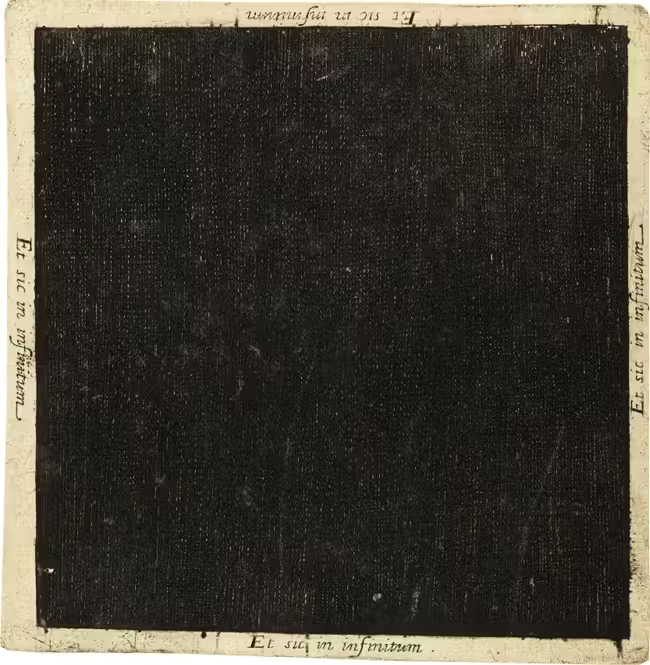In May of last year Bill Shaner reported for Hell World on the abduction of a Worcester, MA asylum-seeker named Rosane Ferreira-De Oliveira by the federal government. It was an early look at how horrific scenes much like this would play out regularly throughout the country over the next nine

